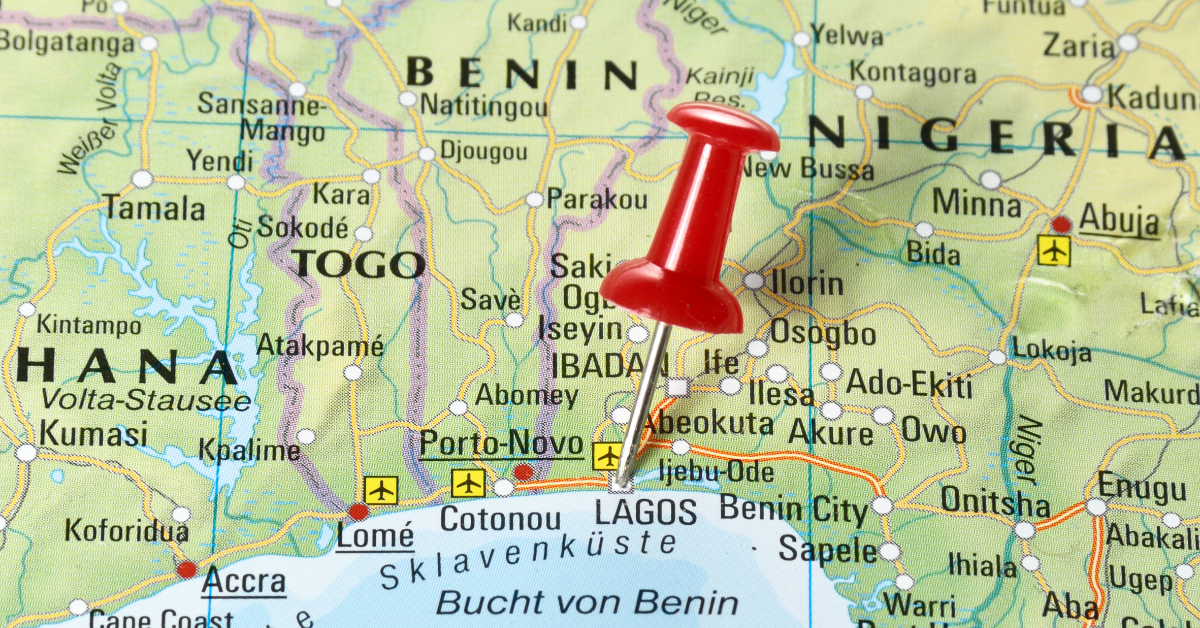Lagos is the largest city in Nigeria and the economic center of West Africa. However, for many Japanese people, it remains a distant place, often associated with stereotypes such as “dangerous” and “poor.” This article highlights the images Japanese people hold about Lagos and explains the reality behind those perceptions.
Common Images Japanese People Have of Lagos
Many Japanese associate Lagos with words like “dangerous” and “chaotic.” In reality, the city is far more complex, and its image varies depending on the area.
| Image | General Japanese Perception | Reality of Lagos |
|---|---|---|
| Safety | Seen as a dangerous city | Safety varies by area, redeveloped districts are relatively secure |
| Economy | Viewed as underdeveloped | Largest economic city in West Africa, with booming finance and IT sectors |
| Culture | Thought to be dominated by tradition | Recognized as a global hub for film and music |
| Living Environment | Assumed to have poor infrastructure | Traffic and power shortages exist, but upscale neighborhoods and malls also thrive |
| Sports | Rarely associated with Lagos | Soccer is hugely popular, with international players emerging from the city |
The Image of Safety Versus Reality
The idea that “Lagos is dangerous” is only partially true. Petty crimes and scams do exist, but not all areas are unsafe. Places like Victoria Island and Lekki, where many foreigners live, are well-guarded and comparatively safe.
Japanese expatriates and students in Lagos live securely by using reliable transportation and avoiding late-night outings. Thus, while risks exist, the level of safety differs significantly depending on the district.
Lagos as an Economic City
Lagos is widely regarded as the economic powerhouse of West Africa. Trade centered around Apapa Port is massive, and multinational corporations continue to establish offices there. In recent years, fintech and startups have been flourishing, earning Lagos the title of “Africa’s Silicon Valley.”
At the same time, the city faces challenges such as poor infrastructure and chronic traffic congestion. Despite these issues, Lagos remains an attractive hub for international business and investment.
Culture and Lifestyle in Lagos
Japanese people often imagine Lagos as dominated by traditional African lifestyles. However, in reality, it is a fusion of modern and traditional culture.
| Cultural Aspect | Japanese Perception | Reality of Lagos |
|---|---|---|
| Film | African cinema is not well known | Nollywood is one of the world’s top three film industries |
| Music | Thought to be mostly folk music | Afrobeat and hip-hop are globally popular |
| Lifestyle | Traditional markets dominate | Modern malls and traditional markets coexist |
| Entertainment | Limited options available | Clubs and live venues keep the city lively at night |
This combination makes Lagos a cultural hub of Africa, offering a wide range of experiences to both residents and visitors.
Lagos from a Sports Perspective
Lagos is also a city of intense sports enthusiasm. Soccer is especially beloved, with children and adults playing it daily. Many players from Lagos have gone on to join Nigeria’s national team and compete in international tournaments.
Beyond soccer, basketball and athletics are also popular. Lagos regularly hosts regional tournaments and international qualifiers, making sports a vital part of its identity. Sports are not only entertainment but also serve as a source of education, unity, and opportunity for young people.
| Sport | Popularity | Key Features |
|---|---|---|
| Soccer | Extremely high | National passion, producing international players |
| Basketball | High | Played widely in schools and clubs |
| Athletics | Stable popularity | Produced international medalists |
| Others | Moderate | Boxing and wrestling also have strong followings |
Conclusion
The image Japanese people often hold of Lagos is that of a “dangerous and chaotic city.” In reality, Lagos is a thriving economic hub, a cultural center, and a sports-driven society full of energy and opportunities.
Living safely requires precautions, but the city offers far more than the stereotypes suggest. By understanding its diverse and dynamic character, foreigners can fully appreciate what Lagos has to offer—not only for business and tourism but also for enriching everyday life.






